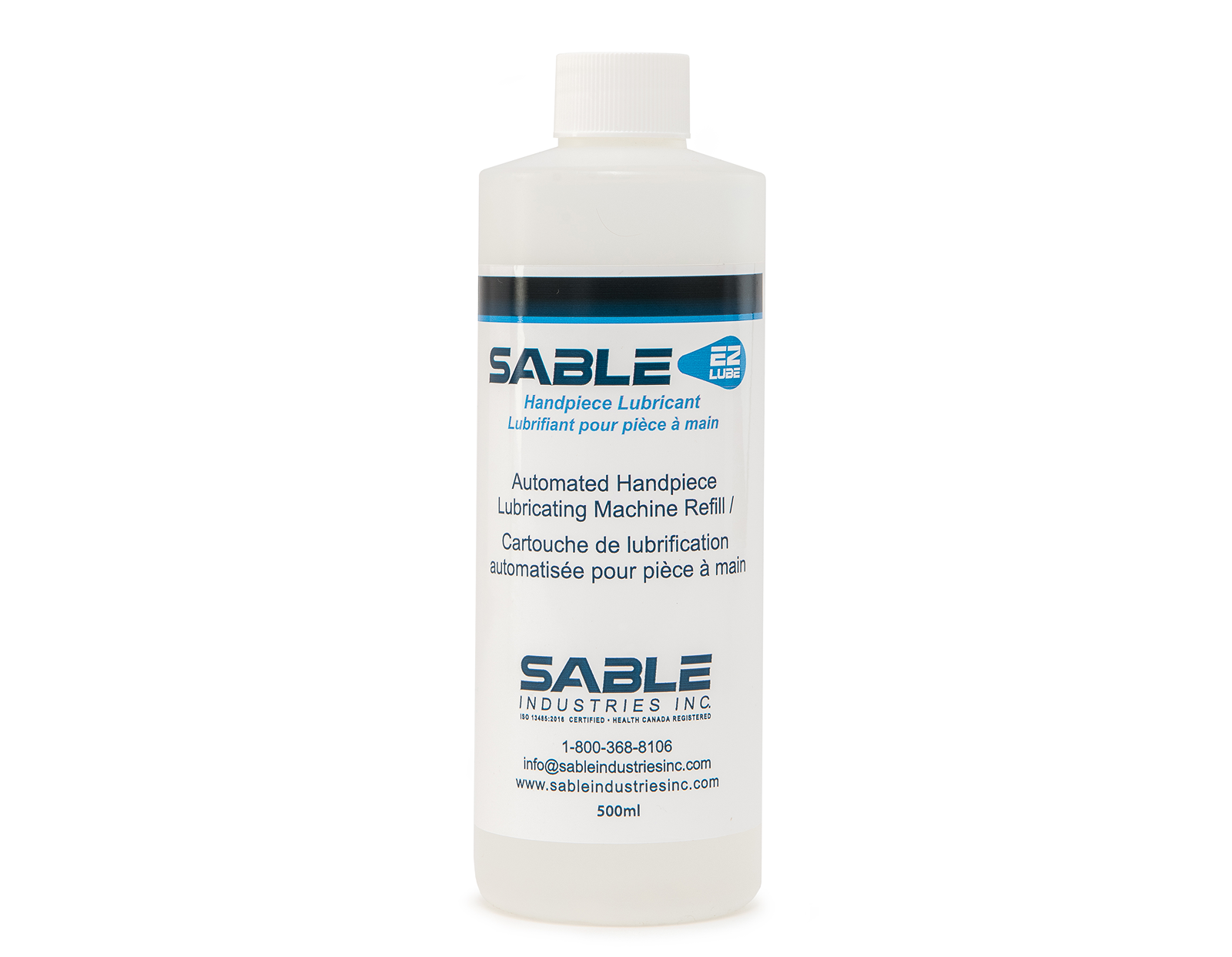Everyone and their mother talks about the wonder plant known as Aloe Vera.
Sunburn? Time to get some Aloe Vera gel on!
Heartburn? Guess we’re having Aloe gel with dinner!
High blood sugar? Some Aloe Vera juice should do the trick!
But did you ever think it could even be used for your oral health in addition to your intestinal and skin health?
Recently, a study has taken place that may point dentists to recommend Aloe Vera mouthwash for their patients with gingival inflammation.
Patients have been found to heal faster and feel less pain when using Aloe Vera products for oral wounds. Could it be right for you?
A Brief History on Aloe Vera
Aloe Vera is a well-known succulent plant that originates from North Africa. Due to its many health benefits, it has been used as early as the Egyptian times. And for good reasons!
The inside of its leave contains a gelatinous tissue that is widely used for both medical and agricultural purposes. This gel has antimicrobial and antioxidant properties and is commonly used for:
- Cosmetic products including moisturizer
- UV protection
- Burn wounds and foot ulcers
- Food products and supplements
- Herbal remedies
- Oral health
What is Ginivitis?
Gingivitis is a mild but common form of gum disease. It will cause irritation, redness and swelling around the gums closest to the base of your teeth (gingiva).
It is extremely important to promptly take care of as it can lead to much more severe gum disease.
Good news! With good oral habits, you should be able to reverse the process easily.
What to look for
- Swollen or puffy gums
- Dark red gums
- Gums that easily bleed when you brush or floss
- Receding or tender gums
- Bad breath
If you notice these symptoms, you may wish to contact your dental hygienist for a proper course of action.
Gingival Inflammation Causes
Gingival inflammation is caused from plaque buildup around the tooth base.
Plaque is a film composed of bacteria inside the mouth from food consumption. Particularly starches and sugars that interact with the natural bacteria, becomes plaque.
A large component of our diets contain starches and sugars therefore daily removal is required.
The plaque then turns into what is known as tartar. Tartar is hardened plaque under your gumline that has remained on the tooth and collects bacteria.
Tartar then creates a protective shield for bacteria which in turn irritates your gums.
The longer tartar and plaque are on your teeth the more they irate the gingiva which will lead to inflammation.
Without treatment, tooth decay may result.
What Increases the Risk of Gingivitis?
There are many reasons why you could be more prone to gingivitis. Such as:
- Poor oral health habits
- Smoking and chewing tobacco
- Dry mouth
- Poor nutrition or vitamin deficiency
- Genetics and older age
- Conditions that decrease immunity (leukemia, HIV, AIDS, cancer treatment)
- Hormonal changes (pregnancy, menstrual cycle, birth control)
- Viral or fungal medical conditions
Gingivitis Prevention
Simply, take good care of your mouth.
We’ve all heard it from the dentist: brush your teeth twice a day and floss daily. Dentists tell us these things for a reason. Because it works.
With regular visits to the dentist and overall good health practices, most patients can reverse gingivitis.
How Using Aloe Vera Can Help with Oral Health
Now how does Aloe Vera come into play with taking care of our oral health?
The gelatinous substance contains vitamins, minerals, amino acids and antioxidants. All which can help improve regulating our immune function.
Toothpaste with Aloe Vera when compared to regular commercial toothpastes found that it helped fight against tooth decay. It has natural antibacterial and anti-inflammatory properties because it contains anthraquinones. This makes aloe toothpaste to be just as good or even better than regular toothpastes.
Similarly, the gel can be used inside the mouth for healing of oral wounds.
For example, most people have experienced mouth ulcers or canker sores throughout their lives. They typically form underneath the lip inside your mouth and can last for up to about 10 days. Aloe Vera gel has shown that it can accelerate the healing process of the ulcers.
An Aloe Vera mouthwash has been a big target of study as it may help with inflammation of gingiva.
Aloe Vera Mouthwash Study
Researchers wanted to know if mouthwash with Aloe Vera would increase oral health compared to commercial mouthwashes.
Out of 6 randomized clinical trials and 1358 total subjects the following was found:
- 4 studies concluded that Aloe Vera was more effective than chlorhexidine (commercial mouthwash)
- 2 studies concluded that Aloe Vera was comparable to chlorhexidine.
- Aloe Vera was extremely effective in reducing gingival inflammation
The results of the study found that Aloe Vera mouthwash is comparable to chlorhexidine in most ways but not as effective when it comes to reducing plaque.
Overall, Aloe Vera in its various forms could be a more natural remedy for the everyday person. It performs comparably well against the commercial products and contains health benefits for other parts of the body.


